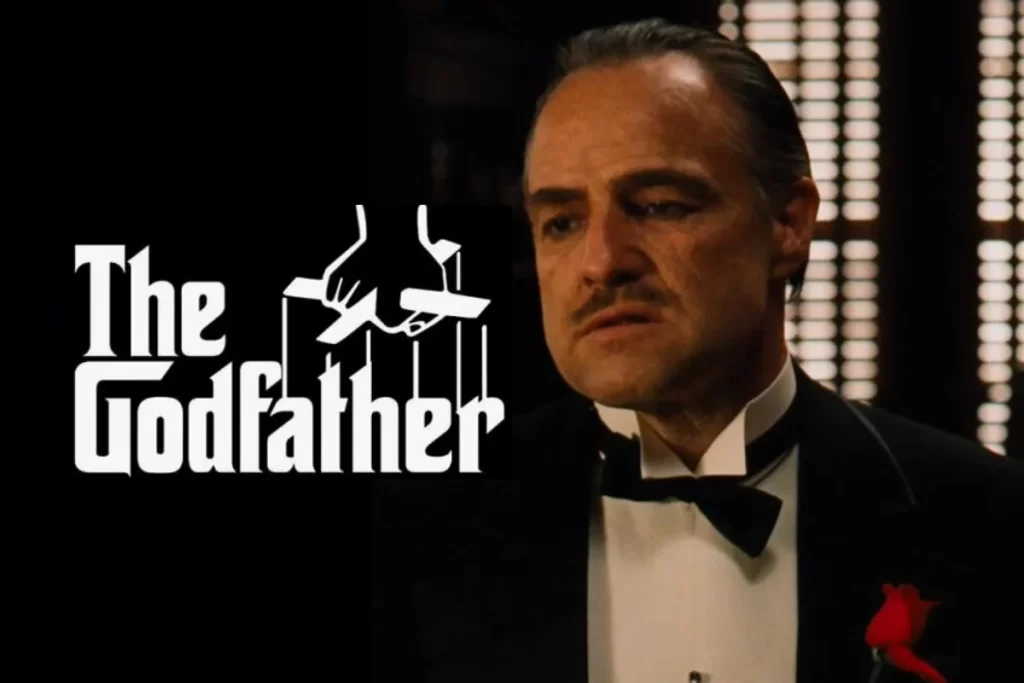“I am prepared to die for something. I am prepared to live for our cause. The cause is caring about each other. The secret to this job is personal relationships.” Jerry Maguire Mission Statement
In the 1996 film Jerry Maguire, the titular character (played by Tom Cruise), a high-performing sports agent working in a dog-eat-dog international sports conglomerate, has a late evening epiphany leading him to write a personal mission statement, detailing how his personal core values had become misaligned with his employer’s. The mission statement is broadcast to the entire company, resulting in Cruise’s character being fired, retaining only one client and a single staff member who believe in him.
For Jerry Maguire, his core values of integrity and compassion became non-negotiable compass points in guiding his attitudes, decision-making and interactions with others.
Authors such as Jim Collins (Built To Last, 1994) popularised the notion that all “visionary companies” should develop a set of core values , described as an “organisation’s essential and enduring tenets, not to be compromised for financial gain or short-term expediency”. A 2022 study of the ASX 100 showed that 93 out of the 100 largest Australian companies had published their core values, with some companies listing up to 10 separate core values.
But the problem with large publicly-owned entities expressing core values is that their actual behaviours do not always align. In its year 2000 annual report, US company Enron stated its core values as Integrity, Communication, Respect and Excellence; shortly thereafter, Enron entered the world’s largest bankruptcy, incidentally exposing the moral bankruptcy of many of its executives.
For family-owned companies, core values are more than mere slogans to be displayed on a wall poster, or recorded in a strategy booklet kept in the top drawer. Core values play a crucial role in family business governance as they provide a “north star” for making good decisions and shaping the overall direction of the business. These values represent the fundamental beliefs and principles that guide the behaviour, decision-making, and interactions within the family and the business. This ensures that decisions are not solely driven by short-term gains but are grounded in principles that prioritize long-term sustainability, integrity, and the well-being of stakeholders.
Ultimately, incorporating core values into the governance of a family business cultivates a culture of unity, resilience, and longevity, enhancing the likelihood of continued success across generations.
Many family companies have core values that are engrained into their DNA, passed down from prior generations via the exhibited behaviours of the founders and predecessors. Other families may need to work to identify their personal core values, and come together as a family to determine those core values which they all share in operating their family enterprise. Every family will have their owned shared values; there are few “rules” which need to be observed, other than this:
- The choice of core values should reflect the unique identity and aspirations of the family business and its stakeholders.
In future articles we will examine the process of how family companies can define their core values.
Robert Powell FCA GAICD is the founder and Managing Director of Family Boards Pty Limited, a specialist consultancy helping family companies achieve best practice in board governance and risk management. He an accredited specialist adviser member of the Family Business Association (AU), a Graduate of the Australian Institute of Company Directors, and a Fellow of Chartered Accountants Australia and New Zealand.








